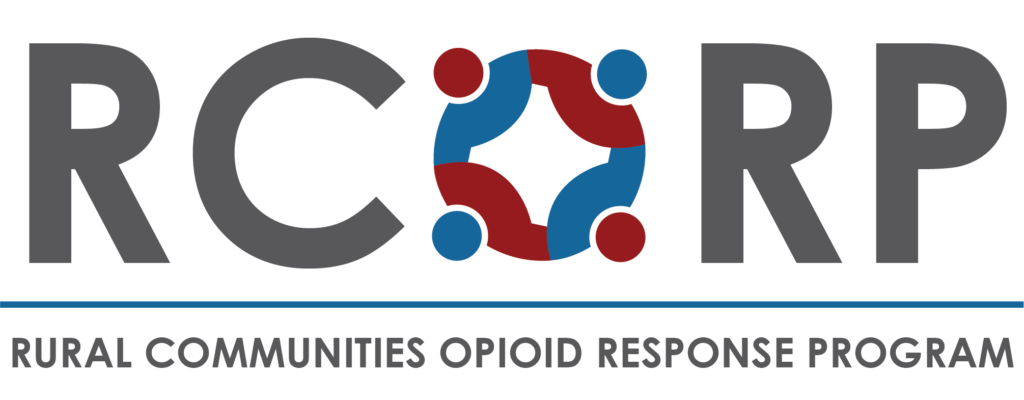Resolving Conflict
In this course, you’ll learn common sources of discord and some typical responses. You’ll also discover techniques to resolve conflict, address anger, and stop abusive behavior.
Understanding Urine Analysis
When used correctly and competently following best practice guidelines, urine analysis can be an effective therapeutic tool.
Urine Analysis: From a Resident Perspective
This course will explain urine analysis from the residents perspective. Providing person-first care, dignity, and respect is hugely important to your residents.
Creating a Culture of Change: Motivational Interviewing in Recovery Housing
Explore Motivational Interviewing (MI) and how it can support change in your recovery house. Students will recognize the spirit of MI and its core elements and strategies, be able to identify basic skills they can adopt, and know where to find more resources for continued learning.
Optimizing Success: Best Practices to Serve Your Recovery House’s Alumni
Alumni programs create a network of current and future support for your rural recovery house. This course provides four best practices for building your alumni network.
Finding the Balance: Your Recovery House and Alumni Support
Gain valuable insights, referrals, and new opportunities by building strong and lasting connections by staying connected to your alumni.
Re-Entry Considerations for Rural Recovery Housing
This course reviews considerations that should be taken for those who will be housing individuals that are re-entering the community after incarceration.
Diversity Basics: Foundations
Develop a foundation and recognition for the importance and value of diversity, equity, and inclusion as part of your recovery house culture.
Manager’s Guide to Resolving Team Conflict
In this course, you’ll learn why conflict happens, common ways people react to conflict, and how to turn workplace disagreements into opportunities for constructive dialogue, change, and new understanding.
Cultural Humility in the Rural Recovery Setting
Recognizing and practicing cultural humility can transform your rural recovery house. The course examines how your emotional and cultural intelligence serves the development of cultural humility.

